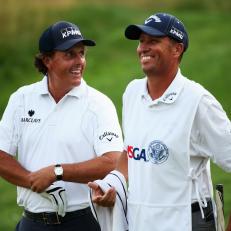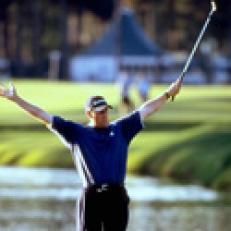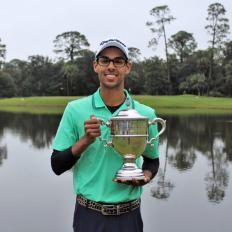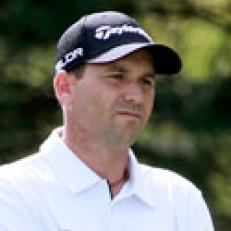Golf's Biggest Bouncebacks
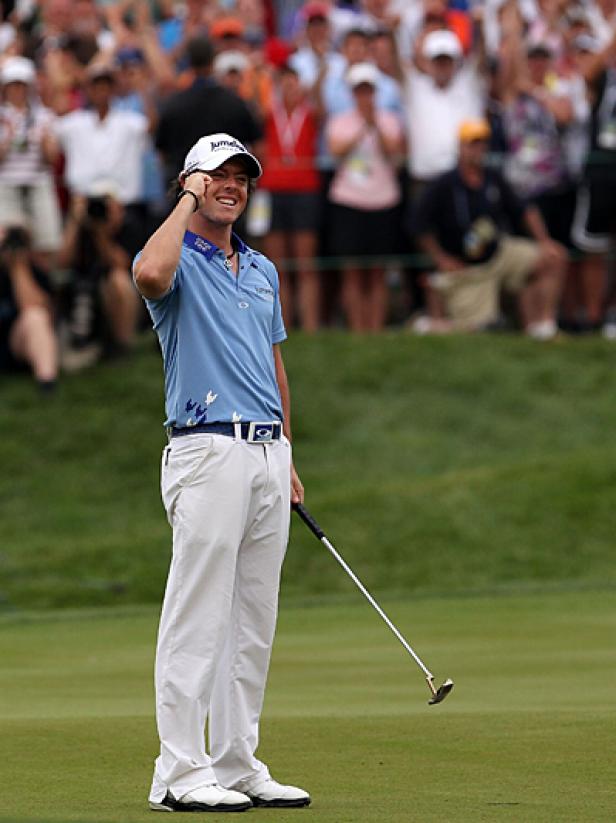
Photo By: Andrew Redington/Getty Images
Photo By: Ross Kinnaird/Getty Images
Photo By: Harry How/Getty Images
Photo By: David Cannon/Getty Images
Photo By: David Cannon/Getty Images
Photo By: David Cannon/Getty Images
Photo By: AP Photo
Photo By: AP Photo
Photo By: AP Photo
Photo By: Paul Wagner/AP Photo
Rory McIlroy (2011 U.S. Open)
Photo By: Andrew Redington/Getty Images
Tiger Woods (2006 British Open)
Photo By: Ross Kinnaird/Getty Images
Payne Stewart (1999 U.S. Open)
Photo By: Harry How/Getty Images
Davis Love III (1997 PGA Championship)
Photo By: David Cannon/Getty Images
Tom Lehman (1996 British Open)
Photo By: David Cannon/Getty Images
Bernhard Langer (1993 Masters)
Photo By: David Cannon/Getty Images
Arnold Palmer (1962 British Open)
Photo By: AP Photo
Jack Nicklaus (1962 U.S. Open)
Photo By: AP Photo
Sam Snead (1949 PGA Championship)
Photo By: AP Photo
Ben Hogan (1946 PGA Championship)
Photo By: Paul Wagner/AP Photo
